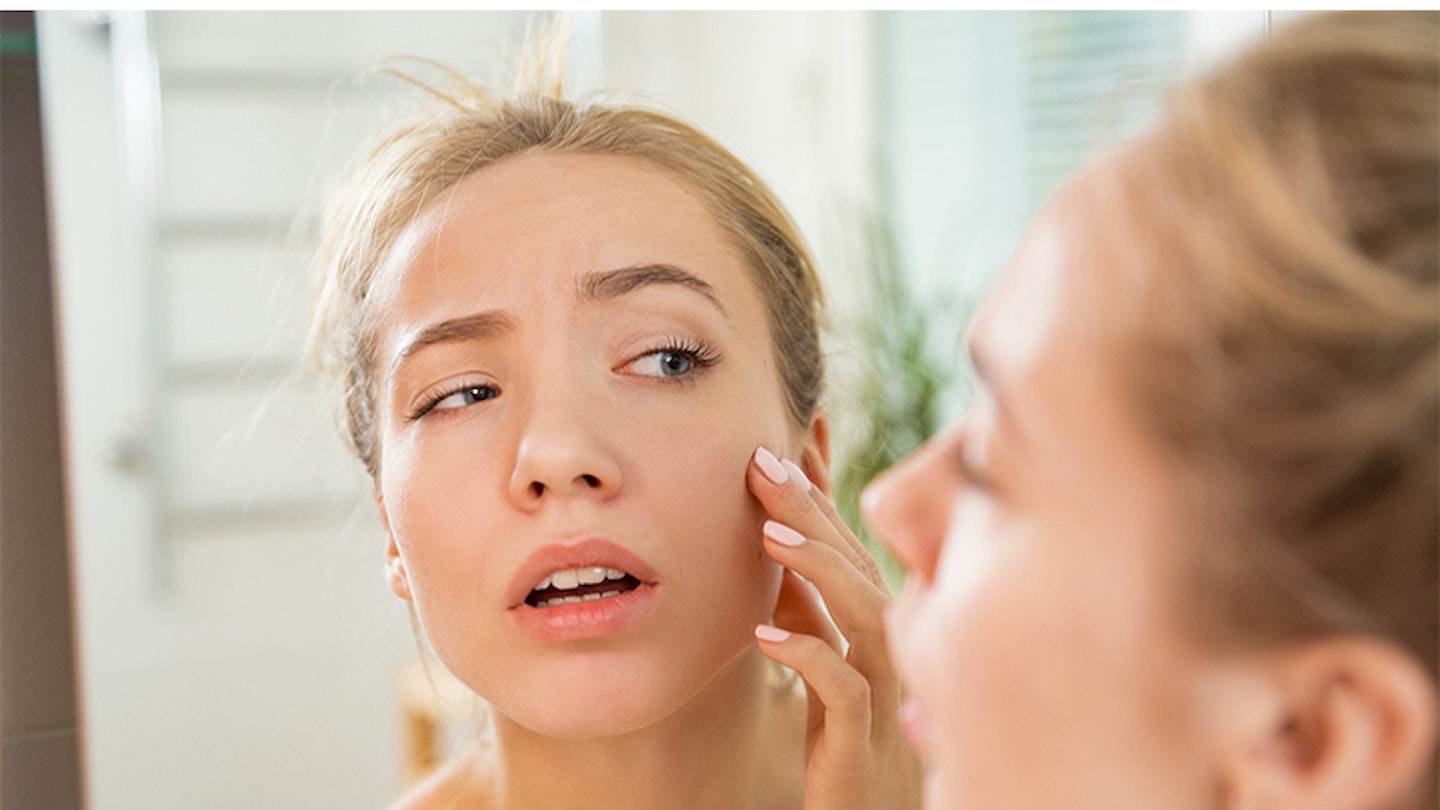Pregnancy has the power to change your body, skin and mood in so many ways. We all know about the negative side effects of pregnancy, from incontinenceto insomnia to stretch marks. But what about the positive side effects?
We've all heard of the 'pregnancy glow' and we all want to look so radiant our friends think we've just come back from a Cotswold's spa retreat. But do we really get dazzling skin to rival Gigi Hadid when we are expecting or is it just a cruel myth?
What does pregnancy glow mean?
Generally, pregnancy glow is used to describe the shiny, vibrant and refreshed looking skin some women have while pregnant. Some may get a rosy-cheeked, post-workout flush while other mums-to-be get effortlessly-radiant looking skin. The good news is, pregnancy glow is not a myth. Dermatologist Dr. Sara Gaspard says “Many women do look rosier, healthier, more glowing during pregnancy.” Hurrah.

What causes pregnancy glow?
Thankfully, there is some hard science behind it. During pregnancy, a combination of factors can create a pregnancy glow. According to Mayo Clinic "Greater blood volume brings more blood to vessels, resulting in skin that looks flushed. Changes in hormone levels might also cause the skin glands on the face to secrete more oil which can make skin look slightly shinier".
I'm pregnant but not glowing, why is this?
Sadly, not everyone's skin reacts in the same way to pregnancy. If you're simply not glowing as much as you'd hoped you would be, don't worry! Everyone is different. For some women, these dramatic hormonal changes and the increase in oil production can result in acne. If this is the case, it is a good idea to use a cleanser that is not oil-based to prevent a build-up. Luckily, acne symptoms are likely to clear once you give birth - and that glow you have been so envious of in your NCT classes? It won't last forever either.
Physiological skin changes that are also common during pregnancy include hyperpigmentation and melasma, often known as the ‘mask of pregnancy’. Melasma, a darkening of the skin, most frequently occurs in women with medium-dark or olive skin tones. If you are affected by this, it is vital you wear a high SPF daily and avoid UV exposure. It is also a good idea to limit your use of anti-ageing products, retinol or acids during pregnancy and swap to a more simple, sensitive skin-friendly routine.
Do you have pregnancy glow? Let us know on Facebookor Twitter!
Make sure you're following Mother & Baby on Instagram for relatable memes, inspiring stories and parenting hacks!
Have approx 60 seconds to spare? Why not join thousands of mums-to-be and start your very own Amazon baby wish list! They're absolutely free to create and perfect to send to the friends, aunties and your mum to make sure you're getting the baby products you really need... Click here!
